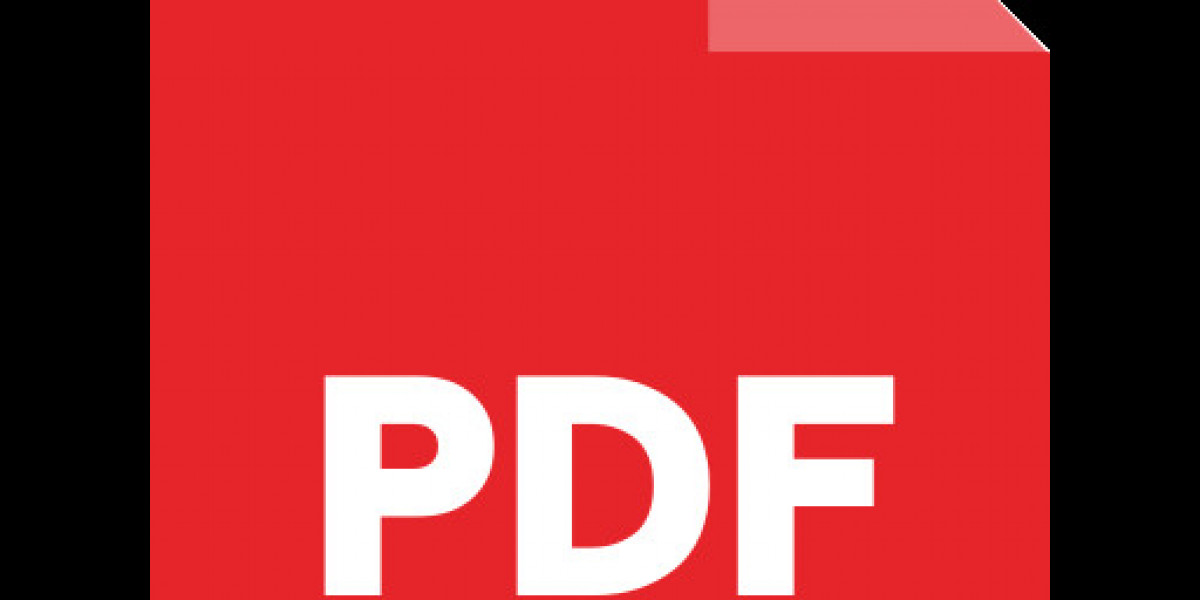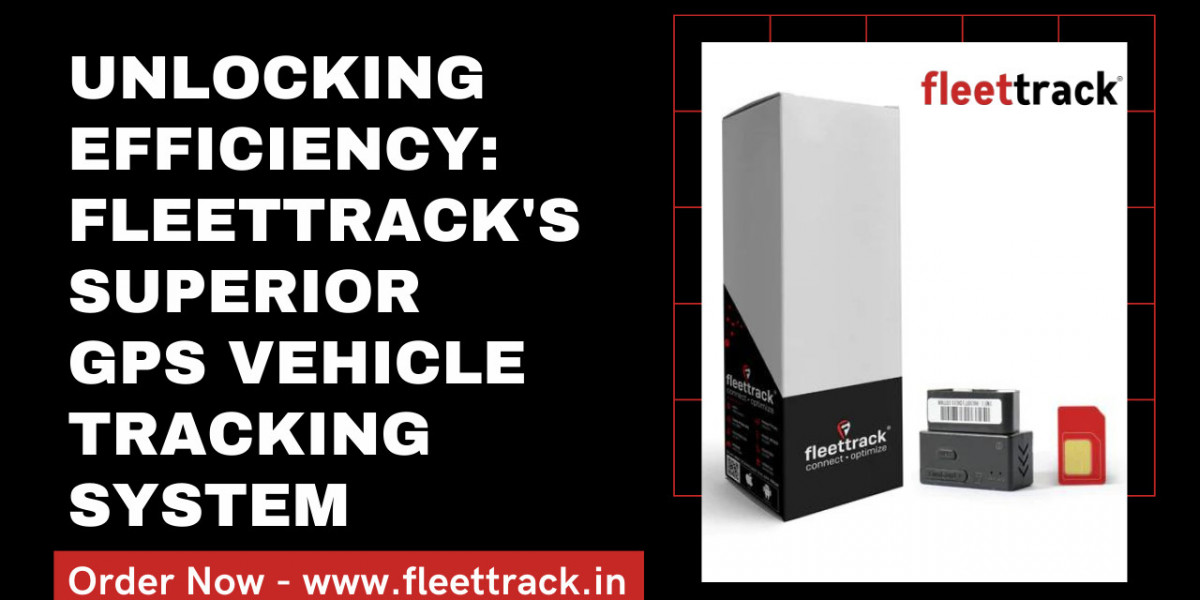This article delves into "The Strategic Value of a DevSecOps Platform Approach." Agile planning and DevSecOps methodologies have transformed application delivery, providing dependable, scalable solutions. New tools have bolstered these practices, facilitating automated integration, testing, digital asset management, vulnerability scanning, and swift deployment. This evolution empowers development teams to produce, test, and deploy functional applications faster than ever before.
Challenges of DIY-Integrated Toolchains:
While DIY-integrated toolchains have played a crucial role in expediting application delivery, they come with their own set of challenges. The introduction of multiple tools often leads to increased complexity, fragmented data silos, inconsistent security configurations, and compliance issues. Each new tool adds another layer of integration, further complicating the development process and impeding visibility and governance across the entire application delivery lifecycle. The result is a convoluted, fragile, and costly toolchain that consumes valuable time and resources, diverting focus away from value delivery.
Enter the Software Factory: Streamlining Software Delivery
To address the shortcomings of DIY toolchains, the concept of the software factory has emerged as a solution—a centralized, streamlined assembly line for software delivery. At its core, the software factory aims to automate and standardize the development process, providing a clean and modern environment for building, testing, and deploying applications. By eliminating the complexities associated with managing disparate tools and custom integrations, the software factory enables development teams to focus on delivering high-quality applications efficiently and effectively.
Key Components of the Software Factory:
1. Issues and Planning Management: Facilitating seamless capture, discussion, and prioritization of requirements to guide the development process.
2. Code Reviews and Approvals: Implementing automated testing and approval mechanisms to ensure code changes meet user needs while adhering to compliance standards.
3. Distributed Source Code Management: Coordinating and collaborating across the development team through distributed source code management systems.
4. Repository for Binary Assets: Managing and tracking binary assets throughout the testing, validation, and deployment stages of the application lifecycle.
Drop Us a Line for Assistance: https://devopsenabler.com/contact-us
5. Dynamic Test Environments/Infrastructure: Provisioning dynamic test environments on-demand to streamline development workflows and reduce wait times.
6. Continuous Delivery (CD): Simplifying deployment processes through CD pipelines, particularly for cloud-native applications.
7. Continuous Integration (CI): Automating development tasks through CI pipelines to ensure the completion of tests, scans, and compliance checks for every code change.
i. Software Quality Testing: Conducting comprehensive automated testing for every commit to maintain code quality.
ii. Security Testing: Incorporating security scans into the CI pipeline to detect and address vulnerabilities early in the development process.
8. Application Monitoring: Providing real-time feedback from production environments to detect and resolve issues promptly, enhancing application performance and user experience.
9. Incremental Deployment: Supporting incremental deployments to minimize risk and facilitate active management of potential issues.
GitLab: Simplifying DevOps with Simplicity and Control
As a comprehensive DevOps platform, GitLab offers simplicity, visibility, and control to development teams seeking to optimize their software delivery processes. With a unified user experience, a common security model, and simplified compliance and auditing capabilities, GitLab enables seamless collaboration and governance across the entire development lifecycle.
The integration of Agile planning methodologies, DevSecOps practices, and modern software factories represents a significant advancement in software delivery. By embracing these techniques and leveraging tools like GitLab, development teams can overcome the challenges of complex toolchains and accelerate the delivery of high-quality applications. As the digital landscape continues to evolve, the software factory stands as a beacon of efficiency and innovation, empowering organizations to thrive in today's competitive marketplace.
Contact Information:
- Phone: 080-28473200 / +91 8880 38 18 58
- Email: sales@devopsenabler.com
- Address: #100, Varanasi Main Road, Bangalore 560036.







